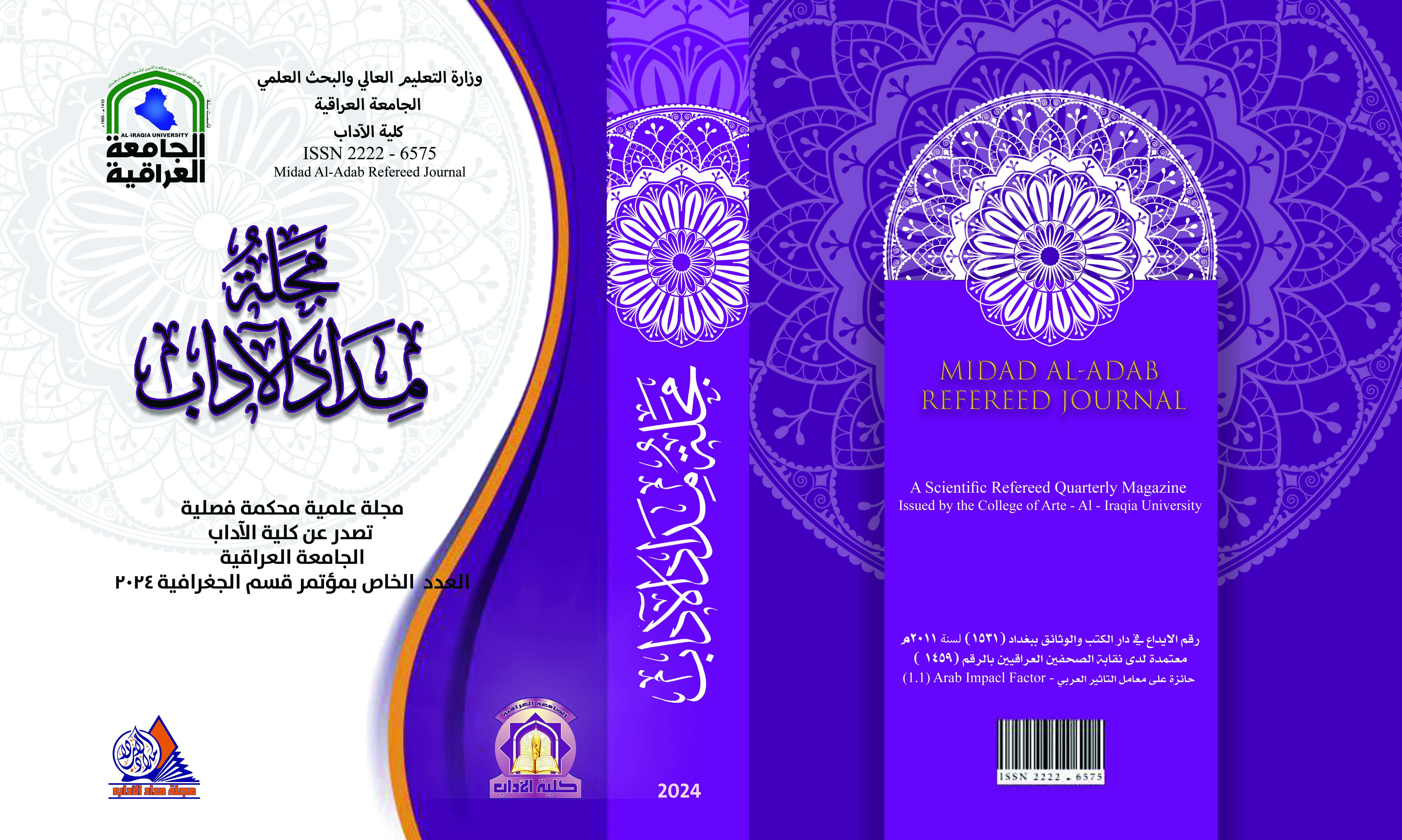A geographical vision of smart cities in the city of Baghdad (Iraq Gate Residential Complex as a model)
DOI:
https://doi.org/10.58564/ma.v14iالعدد%20الخاص%20بمؤتمر%20قسم%20الجغرافية.1418Keywords:
Keywords: geographical vision, smart cities, Iraq portal, residential complex.Abstract
The concepts and terminology of smart cities have multiplied and there is no specific definition for them. A smart city can be defined as a smart city that uses information technology to control life, sectors and directorates in order to compete and meet the needs of the present and future generations with regard to the economic, social, environmental and cultural aspects. Smart cities help improve and protect by applying improvements, fork networks, and other sports cameras, and thus security and protection in cities from crime and traffic accidents are improved. Therefore, they achieve a greater degree of safety and come from improving the quality of life in them, and security aims to search for up to the middle Transforming the Iraq Gate complex into a smart city The research focused on studying the Iraq Gate residential complex in particular, as it is the highest vertical residential city in the capital, with modern architectural designs and a facade to attract new investments, and to be a modern and innovative experience for the rest of Iraqi cities. The research relied on the descriptive analytical approach and field study in collecting and analyzing data, and the use of geographic information systems software in identifying locations and drawing maps. The research touched on three main sections, as the first section dealt with the concept of smart cities and their characteristics, while the second section focused mainly on studying the Iraq Gate Residential Complex project, and the third section shows the obstacles and proposals to transform the complex into smart cities to achieve sustainable development in the future. The results of the research were summarized in the possibility of implementing smart infrastructure for street lights, water use, the waste management process, and traffic management, through data collected through sensing the infrastructure, relying on the Internet of Things (IoT) and artificial intelligence (AI).
Downloads
Published
Issue
Section
License

This work is licensed under a Creative Commons Attribution-NonCommercial-NoDerivatives 4.0 International License.








